How to pay off debt—for good
These 10 simple steps can put you on the path to a less stressed, debt-free life.
Updated on March 17, 2022

The feeling of being in debt can certainly be overwhelming. And if you’re feeling it, you’re not alone. An estimated two in three Americans are in debt.
To begin digging yourself out, it can help to start with some motivation. Try this: Tally up all the debt you have, then think of something you could be doing with that amount of money if it wasn’t dragging you down.
If it’s $5,000, for example, then imagine what you could be spending that on. A trip? A new couch? Equipment for your own business? Write it down, print out a picture for inspiration and put it in a place where you can see it every day. I put mine in my letter holder, where I put my bills every month. If I had an extra $5,000 then, instead of that amount in debt, I would have purchased a broadcast-quality camera, Anderson Cooper–style. I printed out a picture of one as my motivation. I liked seeing what I was working toward every day and hated the days of wanting it so badly. Remind yourself of your goal every time you get cranky that you’re paying off debt.
Then follow this plan to make that picture a reality—you’ll live a happier life with much less money-related stress, which can take a serious toll on your health.
Nicole Lapin is an Accredited Investment Fiduciary and personal finance expert appearing on the TODAY show and MSNBC, among others.
Excerpted from: Rich Bitch, by Nicole Lapin. Copyright © 2015 Nicole Lapin. Rich Bitch is a trademark used under license from Nothing but Gold Productions. Inc. Published by Harlequin. Reprinted with permission.
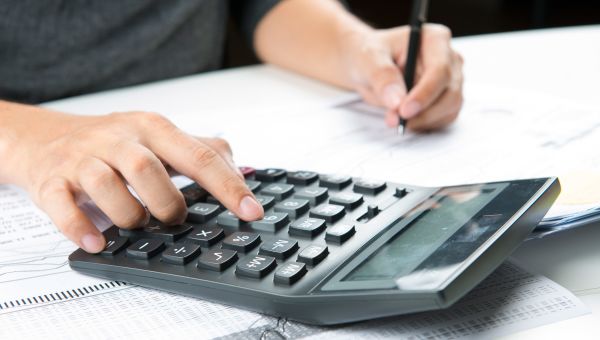
Look up interest rates
Based on history and my experiences and considering tax benefits, the order to pay off your debts is as follows: 1. credit cards, 2. car loans, 3. student debt and finally, 4. mortgages. Identify which loan carries the highest interest rate and pay that off first. When that’s done, move on to the next highest. Save the debt or loan with the lowest interest rate for last. (If you’ve got only one source of debt, lucky you, you’ll be done paying it off a lot faster.)
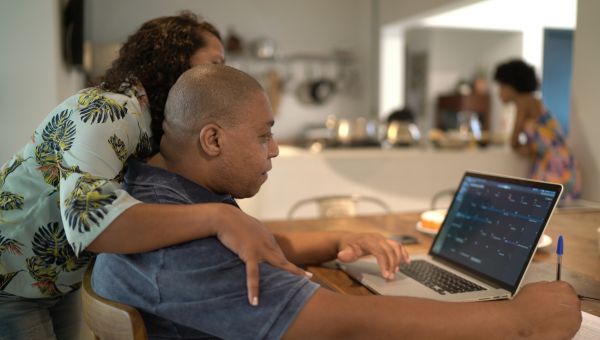
Set a schedule
Give yourself a realistic timetable to pay it off, but don’t set comfy deadlines. Paying off debt isn’t a comfy thing. Don’t forget: The longer you drag it out, the more money you’ll be shelling out for interest. You’re cheating yourself if you slack.

Try to get your rates down
Before you start on your payback attack, call your lenders and try to see what they can do for you. That way, you aren’t paying more for the debt than you have to. They have an incentive for you to pay the debt back even at a lower rate, especially if it is “unsecured debt,” like credit card debt, since they don’t have any collateral to take if you don’t pay them back. This is different from “secured debt,” such as a mortgage, which is backed by something the lender can take away if you don’t pay them back (in this case, your house). So try and try again. You might also qualify for a hardship plan, which could lower your rates or payments or both.
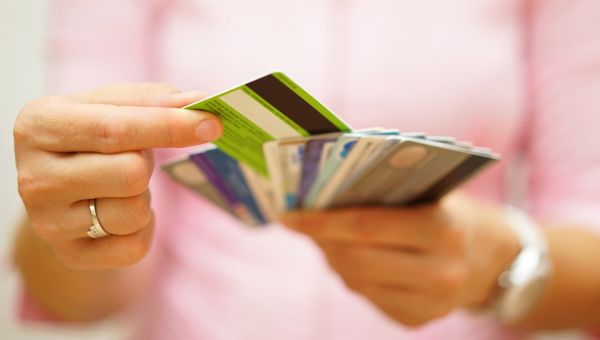
Put it all together
If you are really serious about paying your debt off soon, you might want to look into a balance transfer, which is basically putting all of the credit card debt you have from different cards onto just one card at a lower rate. Usually this rate is good only for about a year until it skyrockets, so do this only if you plan to pay it off quickly. And always examine the balance transfer fee. It can be high and might make the transfer not worth it.

Get methodical
Whether it’s auto deposit (which is my method of choice), paying from an online bank checking account, or writing a check, create a realistic payment plan—one that you can stick to. If you can put $200 a month toward your debt, think about how it breaks down to the day, which just feels more palatable. So $200 is about $6.70 a day. $150 is just 5 bucks a day. If you want to deposit daily, weekly, or monthly, go to town.
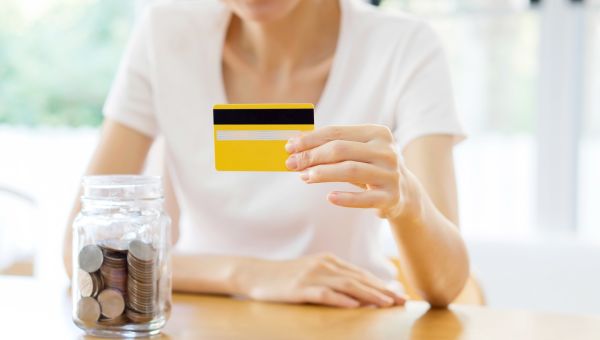
Give extra love
If you find you’re making more money or if you receive a bonus or other windfall, give some love to your repayment plan. Try to increase your monthly contribution a little. Even a little bit of an increase to your payments will get rid of the debt that much faster.
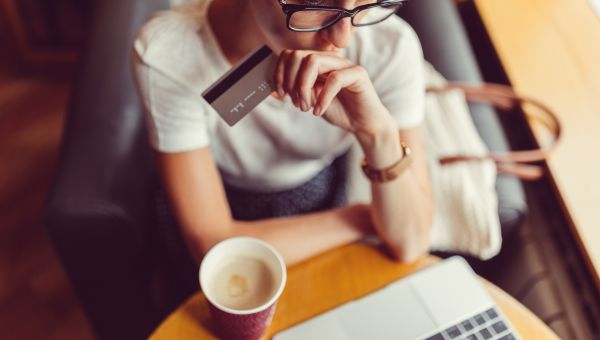
Don’t be rash
If your major debt is on a credit card, don’t cut up the card and close the account. That’s just going to hurt you when you want to take out another line of credit.

Ask for help
If you are finding it difficult to make your minimum payments, then get help. Seriously. There is no shame. You might want to meet with a credit counselor who can help you come up with a plan you can stick to. Just be sure to find a reputable one or you could end up in even more financial trouble than you were in before. The National Foundation for Credit Counseling can be a good place to start.

Don’t forget the pain
Once you’re done with the previous steps, don’t forget the painful process you went through—or you’re bound to repeat it. Once your debt is paid off, you’re going to have a lot of temptation. Your mailbox will fill up with new credit card or other loan offers. That’s because your credit score just went up, and financial institutions are attracted to how responsible you are. To keep the temptation in check, don’t even open the envelopes.

Keep up the routine
Now that you’re in the habit of making automatic payments, keep them going—only now you’re going to pay yourself first. Instead of the money going to debt repayment, you can use it for your own financial goals. (And doesn’t that feel a lot better?) You’ll build your nest egg faster—and improve your overall financial health.

Statista. Personal debt in the U.S. – statistics & facts. December 16, 2021.
Nicole Lapin. Rich Bitch. Harlequin, 2015.
More On


video

article

slideshow


video


video
